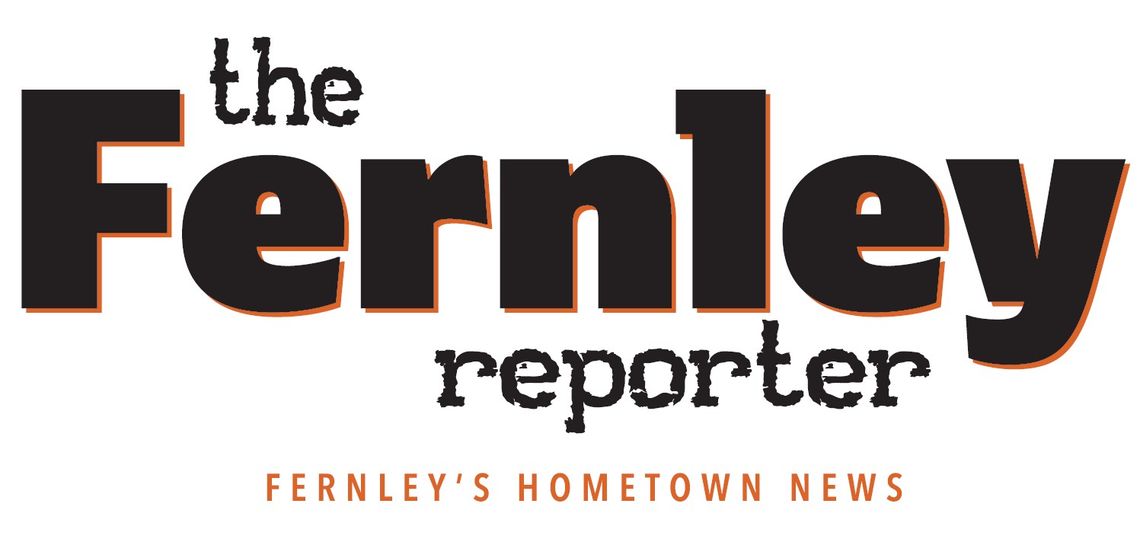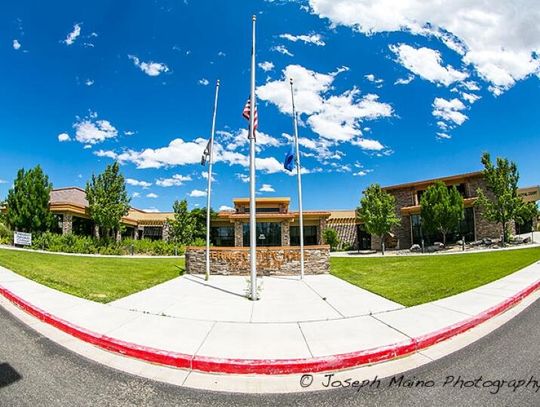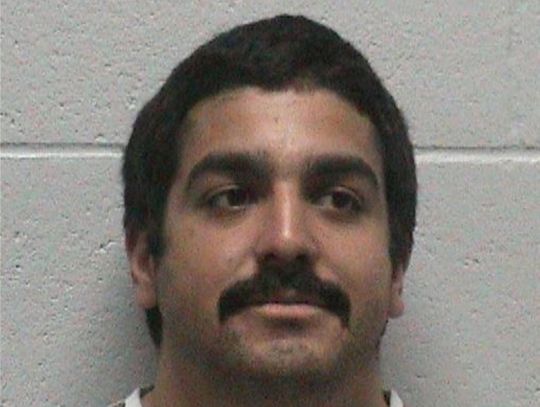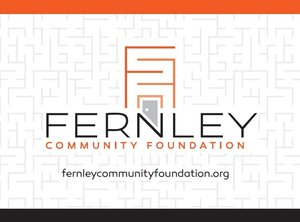State Senator Robin Titus expressed skepticism about switching Nevada’s Medicaid model to a
managed care organization from a fee-for-service program during a presentation by
SilverSummit at the Sept. 4 meeting of the Lyon County Commission.
The presentation was made to the Commission acting in its role as the Lyon County Board of
Health, which Titus presides over as the Lyon County Health Officer.
SilverSummit Healthplan was chosen to provide Nevada Medicaid services in rural
areas, effective Jan. 1, 2026. The plan was awarded a new, five-year contract with a potential
two-year extension by the State of Nevada to cover the entire state and to expand its provider
networks to better serve residents in underserved rural communities.
During the presentation, SilverSummit representatives outlined the company’s plan to increase
the number of providers serving rural areas, enhance care coordination through a team of case
managers and community health workers, provide transportation assistance for patients in rural
areas and expand telehealth services.
But Titus, who had private practice as a physician in Smith Valley from 1981 to 2019, questions
whether all of that will be feasible.
“I’m just going to straight out say, I was vehemently opposed to switching our Medicaid in rural
areas to managed care,” she said. “I’m just very worried about providers being able to keep their
doors open under a managed care model, and you’re going to expand your providers in the rural
areas, so I want to make sure that indeed does happen.”
Allison Hoover, Director of Network Development and Maintenance for Silver Summit Health
Plan, described the company’s efforts to establish a larger provider network. She said the
company is trying to work with every provider that is available with the health plan to contract
with and trying to streamline the Medicaid reimbursement process to make it easier for providers
in order to build a larger network. She said one of Medicaid’s requirements is that members be
able to choose their own providers from among a list of participating doctors.
She said they are working to implement a transportation network that will facilitate access to
medical appointments, but also provide rides to social service agencies, food banks and other
services for Medicaid recipients.
Hoover said SilverSummit will provide expanded telehealth services for Medicaid patients,
including behavioral health services, although in a response to a question from Titus, said
telehealth will be optional, not mandatory, for patients.
“A lot of rural members access their telehealth system to connect to their specialists in Reno,”
Hoover said.
Titus said she will be paying close attention to how the system works once it goes into effect Jan.
1.
“Believe me, I’m going to monitor this and see how many, if you really can indeed offer enough
to expand providers willing to see our patients and our constituents in Lyon County and not
undermine the brick and mortar folks that are out there working really hard to stay open,” she
said. “I hope you’re incredibly successful for our rural folks, but I’m going to watch this so
closely.”
Along with the presentation from SilverSummit, Commissioners heard a presentation from
representatives of the Nevada Health Authority (NVHA), which launched on July 1. The Nevada
Health Authority will house several state health care programs, including Medicaid, the state’s
public employee’s benefits program, Nevada Health Link, and Battle Born State Plans, which are
qualified health plans that will be offered on the Nevada Health Link in the next open enrollment
period, which starts Oct. 1.
Malinda Southard, Nevada Health Authority Deputy Director for Community Engagement and
Workforce Development, said the recently enacted One Big Beautiful Bill Act established a new
grant program called the Rural Health Transformation Program, which authorizes $50 billion
across all 50 states over the course of five years to help mitigate some of the effects of changes to
Medicaid financing for rural hospitals and providers.
She said part of the grant application will be that the state has to provide a Rural Transformation
Plan which has to include strategies to improve access and healthcare outcomes of rural
residents, prioritize the use of new technologies, enhance healthcare provider retention in rural
areas and to manage long-term financial solvency of rural hospitals.
NVHA has an online survey which is available at
https://nvha.nv.gov/Community/Rural_Health_Transformation/
asking for public input on where
the state should prioritize funding in this application to support rural Nevada.
“We really have quite an opportunity to make a big impact and to make that a positive impact in
health care,” Southard said.









Comment
Comments